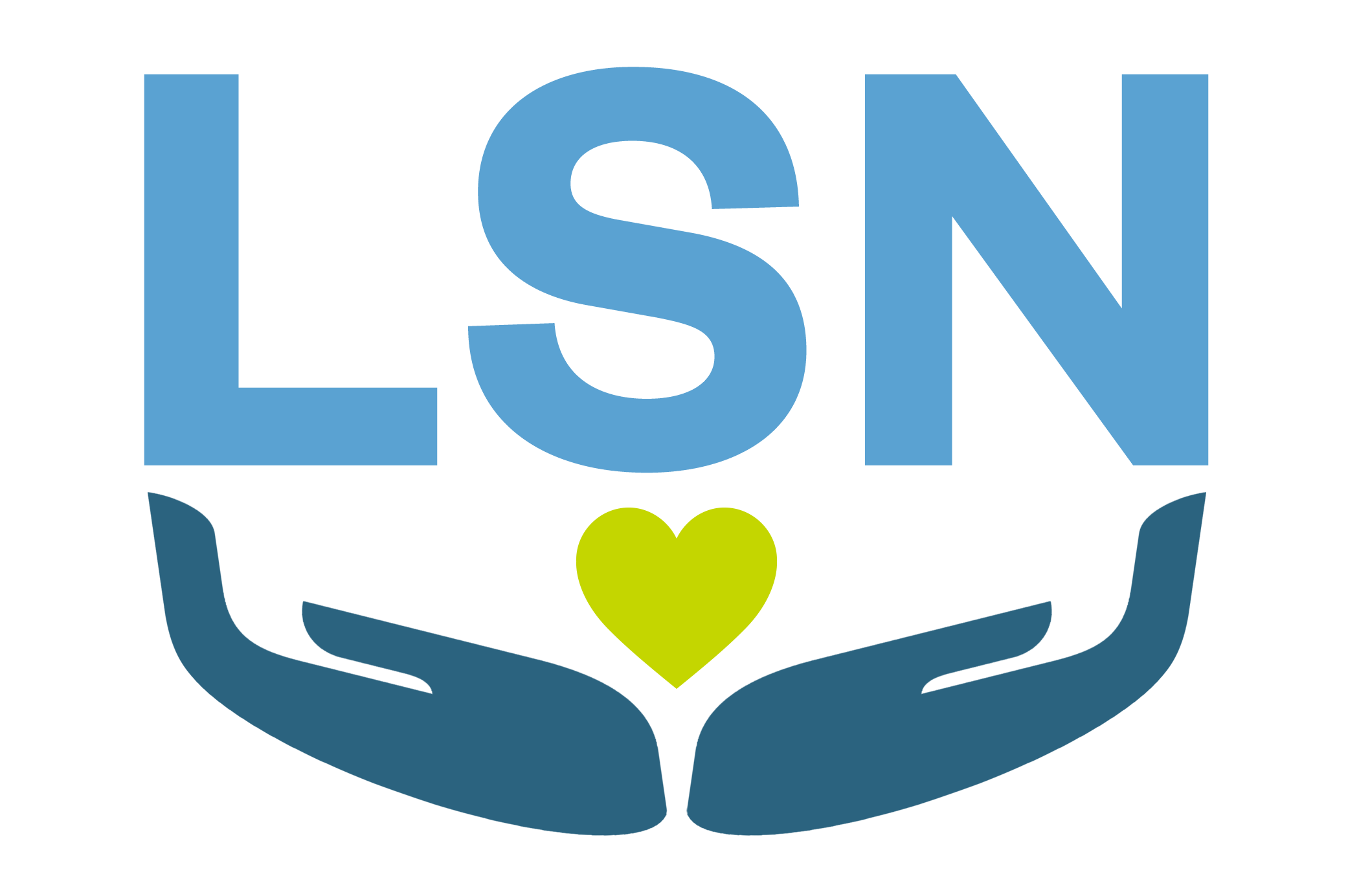Resilience is How You Recharge

Resilience is often misunderstood. It's not just about being as tough as a football player - taking hit after hit and pushing through exhaustion. Here's the thing: Overwork and exhaustion are the opposite of resilience. When we show up to class or work utterly drained, we don’t have the cognitive resources to do well or stay in control of our emotions.
Resilience means adapting well in the face of adversity, trauma, tragedy, threats, or stress. It means rebounding from difficult experiences.
A resilient person is a well-rested one.
A resilient person tackles challenges with vigor, then takes time to recuperate before taking on the world again.
The more time a person spends performing, the more time that person needs recovering. In simple terms, the more you work hard, the greater the benefits of activities that restore balance. Recovery periods become increasingly valuable as the demands on you intensify.
Most people assume that merely stopping a task is enough to recharge. When you put down your Bio Chem homework, you may expect that your brain will recover from those efforts and wake the next day feeling refreshed and ready to learn more. But we have all likely experienced sleepless nights when our minds race with all the things we have to do. That’s one example of resting in a way that still leaves you feeling exhausted. Rest and recovery are not the same thing. Stopping does not equal recovering.
Recover a bit this week.
Internal recovery involves the short periods of relaxation that take place throughout our day whether scheduled for spontaneous. It could involve shifting our attention or changing tasks when we feel mentally or physically depleted.
External recovery refers to actions that take place outside of scheduled work - evenings, weekends, holidays, vacations. If you spend your evenings on your device becoming riled up by news or stressing about the paper you have due on Monday, your brain hasn’t received a break from high mental arousal. Our brains need rest as much as our bodies.
External recovery means taking time to do things that are fun, enjoyable, and help you feel good. So, during fall break...
- Explore new places
- Go outside
- Move your body
- Revisit activities that you loved when you had more time to play
- Unplug
- Prioritize good sleep
- Savor delicious, nourishing food
- Spend time with supportive, loving people
- Experience awe
The best person to know how you best recharge is YOU. Take time to recharge effectively this week and you’ll be better equipped to face whatever challenges come your way.

